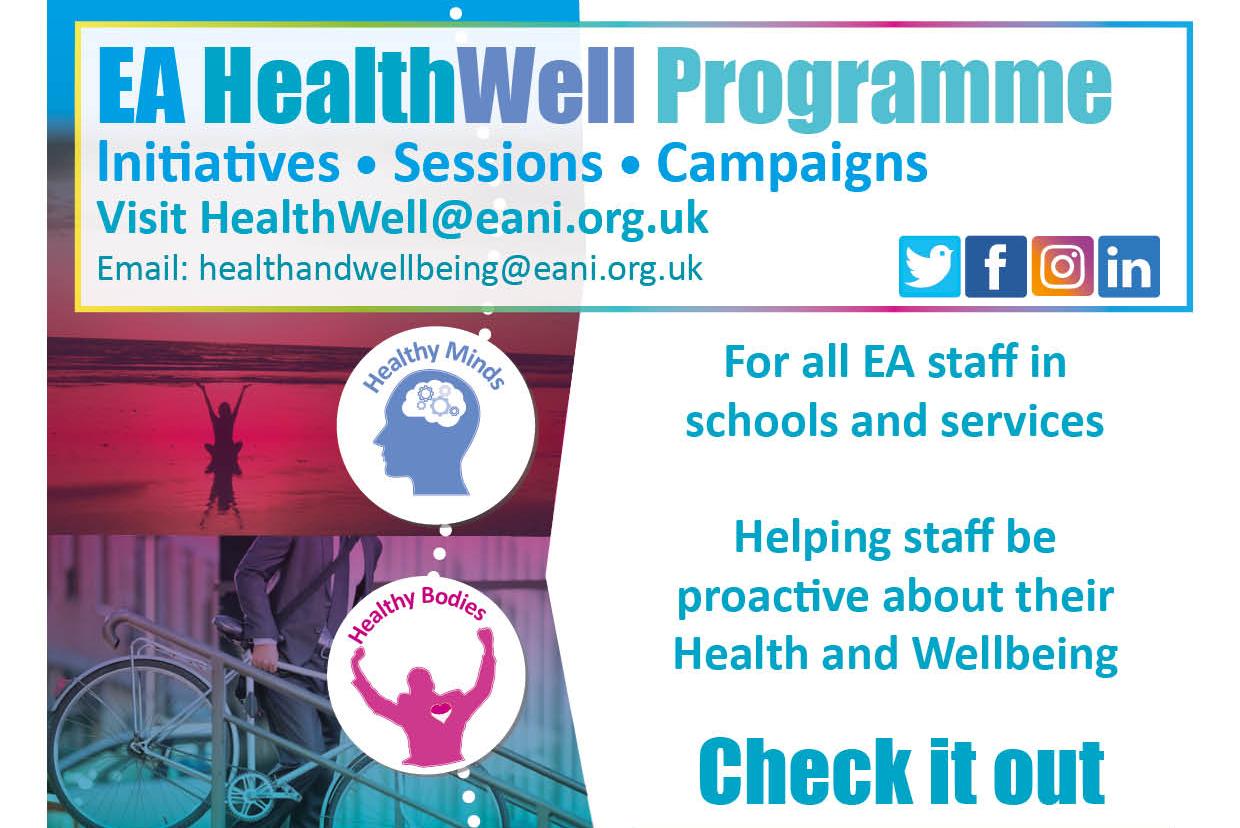Tips To Prevent Repetitive Strain Injury (RSI)
Repetitive strain injury (RSI) is a term sometimes used for pain caused by repeated movement of part of the body. It often gets better on its own, but there are things you can do to help speed up your recovery
Things you can do to help ease repetitive strain injury (RSI)
There are a number of things you can do to help ease the symptoms of repetitive strain injury (RSI).
Do
- keep active – you may need to limit the amount of activity you do to start with before gradually increasing it
- take paracetamol or anti-inflammatory painkillers like ibuprofen – you can get tablets or gels that you rub on the painful area
- try using a hot or cold pack (or a bag of frozen peas) wrapped in a towel on the affected area for up to 20 minutes every 2 to 3 hours
- speak to your employer about ways they can help you continue working, like changing the way you work or reducing your hours
Don’t
- do not rest the affected area for more than a few days – resting for too long can lead to the affected body part becoming weaker and less flexible
A pharmacist can help with RSI
You can ask a pharmacist:
- about painkilling tablets and gels
- if you need to see a GP
See a GP if: you have symptoms of repetitive strain injury (RSI) and they are not going away or are getting worse
Treatment for repetitive strain injury (RSI)
Most people with repetitive strain injury (RSI) are able to manage their symptoms and get better without further treatment.
Physiotherapy
If your symptoms do not improve, you may be referred for physiotherapy.
As well as massaging the affected area, a physiotherapist can show you exercises to help strengthen your muscles and improve your posture.
Physiotherapy is free on the NHS throughout the UK but waiting times can be long. You can also pay to see a physiotherapist privately.
Other treatments
Sometimes steroid injections may be recommended to help reduce pain and swelling.
Rarely, surgery may be needed if RSI is very severe.
Self-refer for treatment
If you have RSI, you might be able to refer yourself directly to services for help with your condition without seeing a GP.
To find out if there are any services in your area:
- ask the receptionist staff at your GP surgery
- check your GP surgery's website
- contact your local integrated care board (ICB) – find your local ICB
- search online for NHS treatment for RSI near you























































